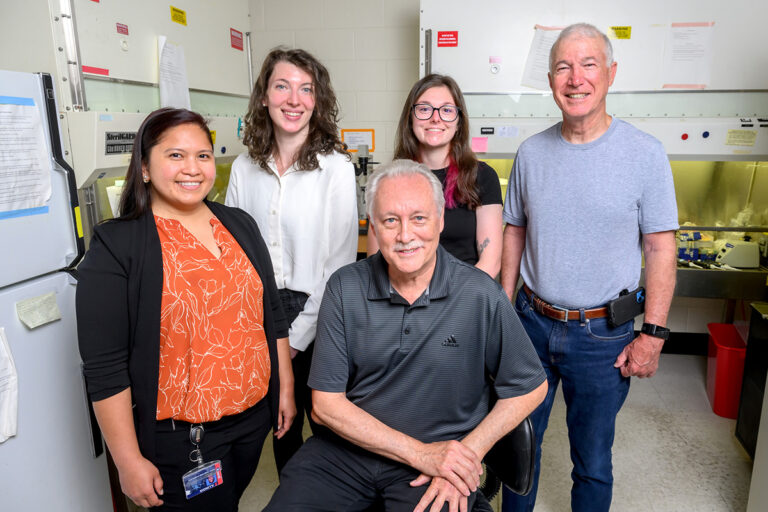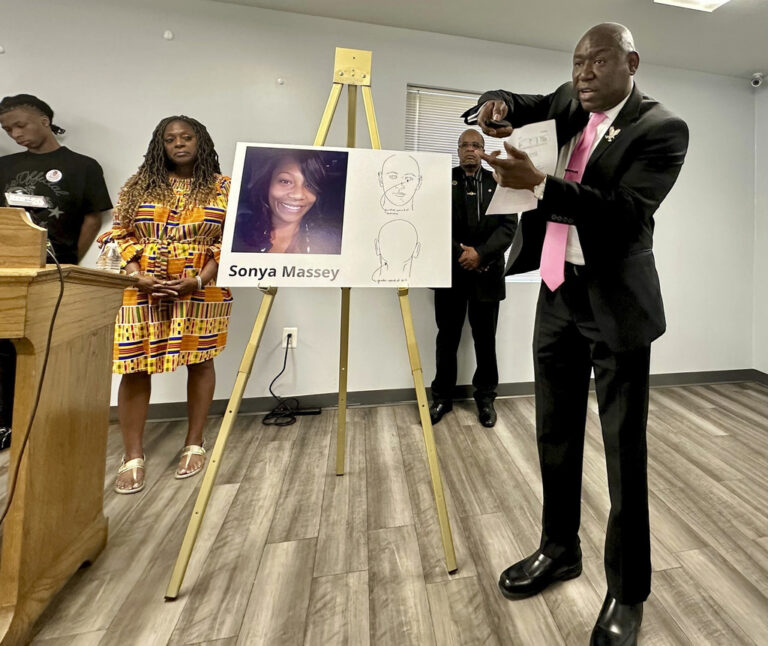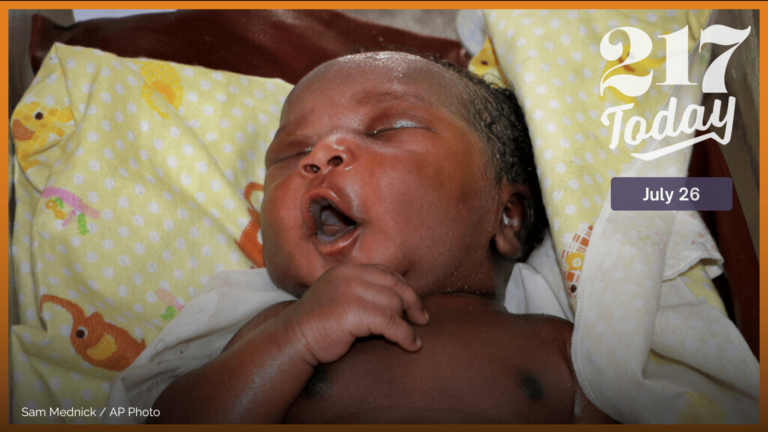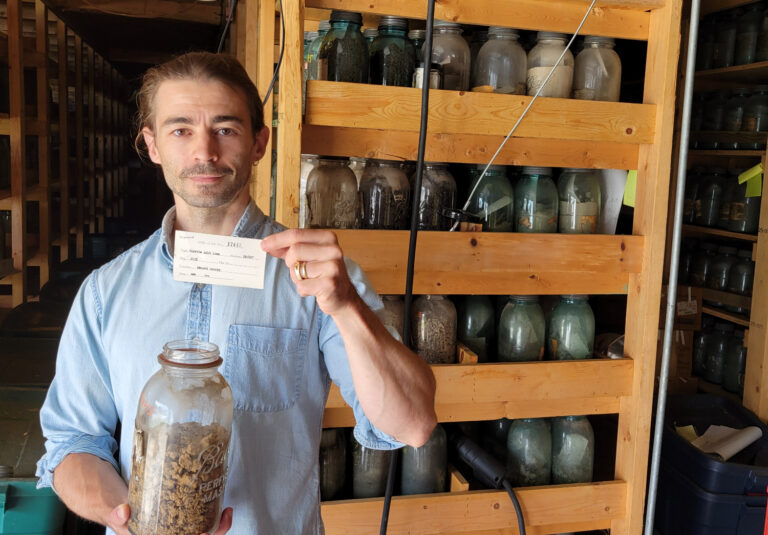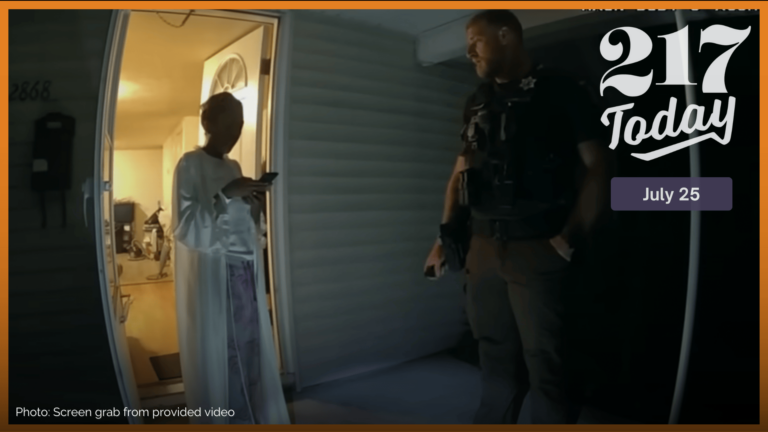The immune system could be harnessed to fight more types of cancer than previously thought, according to researchers at the University of Illinois.
When treating cancers without solid tumors, like leukemia and lymphoma, scientists have been able to modify the T cells in a patient’s immune system to attack the cancerous cells. However, that treatment had not previously worked on cancers with solid tumors.
Scientists are a step closer to changing that, said Diana Ranoa, the lead researcher and primary author of a recently published paper on the subject.
“We have evidence showing that the T cells are able to get into that solid tumor ball, and so that’s how it’s able to really melt away the advanced stages of tumor,” she said.
The study focused on a treatment that uses chimeric antigen receptor T cells, or CAR-T cells, which are altered versions of white blood cells within the body’s immune system that fight off things like viruses. The objective is to get the immune system to recognize and attack cancerous cells without targeting any healthy cells.
Researchers took T cells from the immune systems of mice with advanced stages of ovarian cancer, modified them to look for certain biomarkers and proteins that occur in the tumor cells, then injected those T cells back into the mice.
“We chose ovarian cancer, because it’s development in mice recapitulates what’s observed in humans,” Ranoa said. “So ovarian cancer is one of those types of cancer that gets detected late. Most of the time when it’s detected, it’s already stage four, and because it’s stage four, that means it has already disseminated or has already spread.”
And she said the CAR-T treatment proved very effective against the mice’s ovarian cancer, with even just one dose of the T cells controlling the rate of tumor growth.
“Just to give you a perspective, we inject the mice with 10 million tumor cells on day zero, and then we wait 40 days, 50 days or 60 days allow the tumor to grow,” Ranoa said. “So 10 million and everyday it divides; it’s doubling time is 18 hours.
“And then we only inject 5 million T cells, CAR-T cells. That’s how much work the T cells have to do to melt away that tumor that has grown uncontrollably inside these mice. So that should give you a perspective of how powerful the CAR-Ts are.”
While this type treatment is already available for types of cancer without solid tumors, it isn’t very accessible, said Ed Roy, a professor emeritus of pathology who worked on the study
One barrier to making this type of treatment widely available is that it needs to be tailored to each individual’s immune system and their specific cancer, he said, which contributes to another difficulty.
“Part of the difficulty in terms of getting pharmaceutical companies and so forth interested is they would prefer something that they can make in mass quantities and just have it on the shelf and apply it to everybody,” Roy said.
Still, Ranoa said she is “sold” on CAR-T, and Roy said he believes that personalized immunotherapy is the future of cancer treatment.
Both said the next phase will be to study this treatment in humans and on other types of cancer with solid tumors.
“This is done in mice. We’ve shown the proof of concept,” Ranoa said. “It’s in our power to improve this therapy, bring it to human-level studies.”

